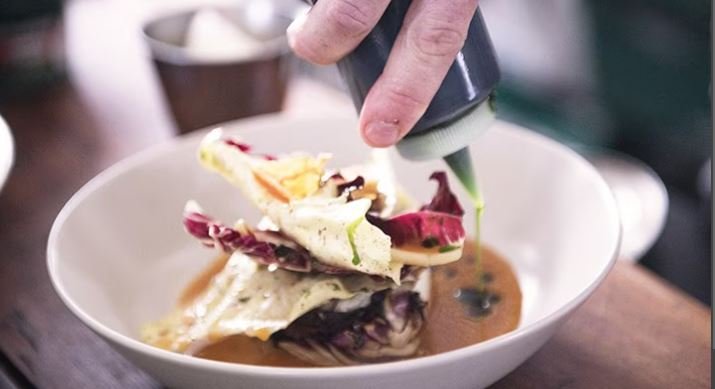
19, Aug 2024
Techniques to Elevate Your Dishes
Mastering the art of cooking involves not only following recipes but also understanding key techniques to elevate your dishes. Whether you are a novice or a seasoned home cook, learning to enhance your meals can take your culinary skills to new heights. By focusing on fresh ingredients, precise techniques, and attention to detail, you can transform ordinary dishes into extraordinary experiences.

Start with High-Quality Ingredients
To enhance your dishes, always begin with high-quality ingredients. Fresh and locally sourced produce, meat, and seafood can make a significant difference in taste and texture. When you prioritize quality ingredients, you allow the natural flavors to shine through, creating a more vibrant and flavorful dish. Additionally, seasonal ingredients often have the best flavor, so adjusting your menu to include in-season produce can greatly improve your cooking. Starting with the best ingredients sets a strong foundation for any recipe.
Master the Art of Seasoning
Proper seasoning is essential for elevating your dishes. Understanding how and when to season your food can bring out the best in each ingredient. Salt is crucial in balancing flavors, but you should also experiment with spices and herbs to add depth and complexity. Using fresh herbs instead of dried ones can enhance the aroma and flavor of your dishes. Moreover, learning to season throughout the cooking process, rather than just at the end, ensures that flavors develop fully. Mastering the art of seasoning takes practice, but it’s one of the most effective ways to enhance your meals.
Focus on Presentation
When you aim to elevate your dishes, presentation plays a key role in the overall dining experience. The way you arrange food on the plate can make a significant impact on how it’s perceived. Consider elements like color, texture, and balance when plating your meals. Using garnishes like fresh herbs or edible flowers adds a touch of elegance to your dishes. Additionally, ensuring that your plating reflects the flavors and ingredients in the dish can create a more cohesive dining experience. Paying attention to presentation not only makes your food look more appealing but also enhances the enjoyment of the meal.
Use Proper Cooking Techniques
Mastering fundamental cooking techniques can dramatically elevate your dishes. Techniques like roasting, grilling, and sautéing can transform basic ingredients into something special. For example, roasting vegetables caramelizes their natural sugars, creating a richer flavor profile. Similarly, using techniques like deglazing a pan or making a proper reduction sauce can add depth and complexity to your dishes. Learning and practicing these techniques will improve your ability to create elevated, restaurant-quality meals at home.
Balance Flavors and Textures
Balancing flavors and textures is another crucial technique to elevate your dishes. You want to create a harmonious blend of salty, sweet, sour, and bitter flavors to engage the palate. For example, pairing a rich, fatty protein with a bright, acidic sauce can create a more balanced dish. Additionally, considering texture—such as adding a crunchy element to contrast with creamy components—adds another layer of complexity. By focusing on balancing flavors and textures, you create dishes that are more dynamic and enjoyable to eat.
Incorporate Fresh and Homemade Sauces
One way to elevate your dishes is by incorporating fresh and homemade sauces. Store-bought sauces may be convenient, but making your own allows you to control the flavor and quality. Simple sauces, like a homemade vinaigrette or a classic beurre blanc, can enhance the overall taste of your dish. By learning a few basic sauce recipes, you can elevate any meal, making it feel more sophisticated and flavorful. Sauces add moisture, flavor, and richness, making them an essential component of an elevated dish.
Conclusion
To elevate your dishes, focus on high-quality ingredients, proper seasoning, and mastering essential cooking techniques. Balancing flavors and textures, experimenting with new styles, and paying attention to presentation all contribute to creating elevated dishes. By incorporating these techniques into your cooking, you can transform ordinary meals into extraordinary culinary experiences, making every dish more memorable and satisfying.
- 0
- By Jill Morris

